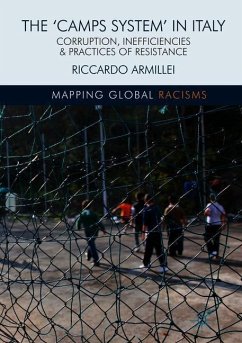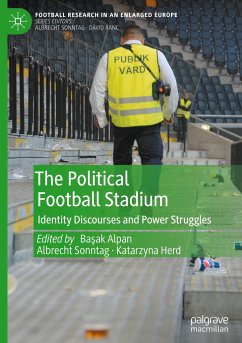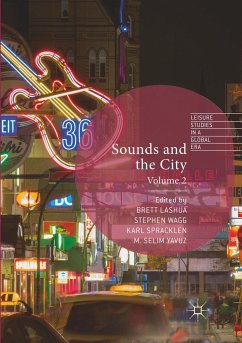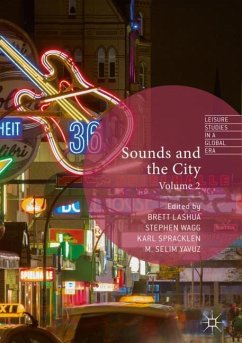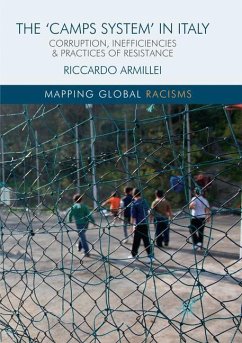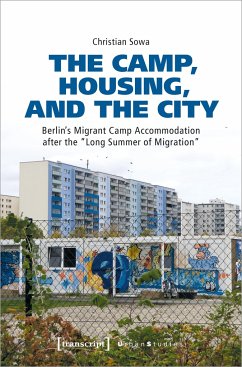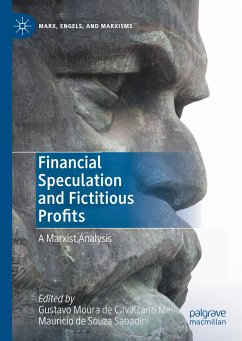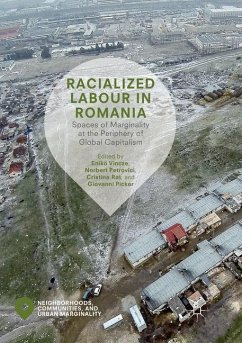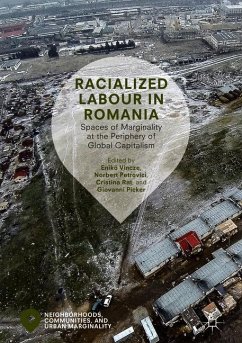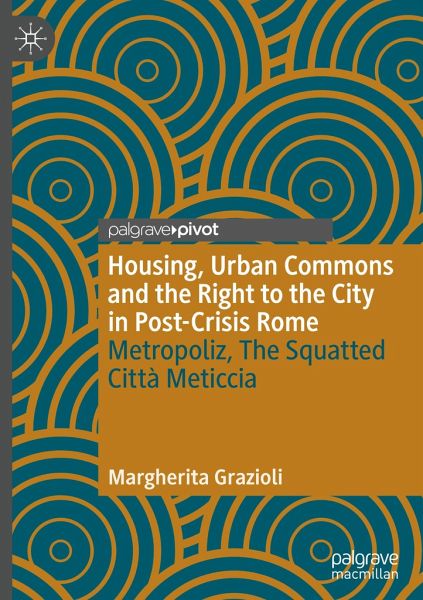
Housing, Urban Commons and the Right to the City in Post-Crisis Rome
Metropoliz, The Squatted Città Meticcia

PAYBACK Punkte
0 °P sammeln!
This book tells the story of Metropoliz, a vacant salami factory located in the Eastern periphery of Rome (Italy) that was squatted in 2009 by homeless households with the cooperation of the Housing Rights Movement Blocchi Precari Metropolitani, and progressively reconverted into the house and museum spaces that form the Città Meticcia (the mestizo city). Through a vivid activist-ethnographic account, Margherita Grazioli suggests that Metropoliz exemplifies a practice of grassroots urban regeneration that speaks to the conflicted reconfiguration of real estate urban regimes in a post-crisis, ...
This book tells the story of Metropoliz, a vacant salami factory located in the Eastern periphery of Rome (Italy) that was squatted in 2009 by homeless households with the cooperation of the Housing Rights Movement Blocchi Precari Metropolitani, and progressively reconverted into the house and museum spaces that form the Città Meticcia (the mestizo city). Through a vivid activist-ethnographic account, Margherita Grazioli suggests that Metropoliz exemplifies a practice of grassroots urban regeneration that speaks to the conflicted reconfiguration of real estate urban regimes in a post-crisis, post-neoliberal scenario. Using the contentious reappropriation of housing as a point of departure for claiming manifold rights, Metropoliz represents an alternative model of urbanity and habitation that will inspire contemporary urban social movements concerned with the demand of the 'right to the city', as well as those concerned with the ontology of the urban commons.






